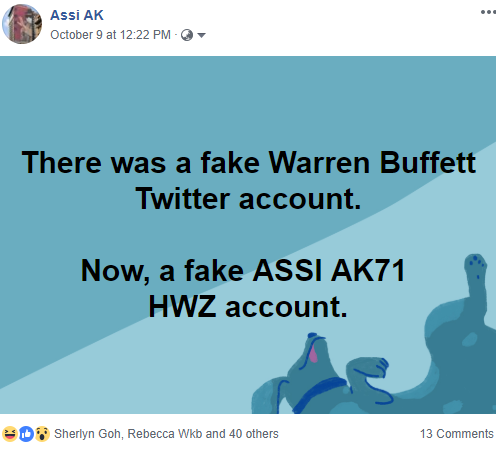Reader says...
I am in my early 40s, and do active investing on my own.
Recently I was contacted by an agent, who shared about investing in high yield Asian bonds.
I was initially sceptical but it seems that these are very different from mini bonds, and the failure rate has been historically low.
I am thinking of investing about 10% of what I usually invest in the stock market in these bonds.
The main catch is that the investment commitment is over 10 years (i.e. cannot sell for the first 10 years), which seems fine to me, and after that, I am able to decide whether to continue investing or not.
Would you be so kind to share your thoughts please?
Many thanks.
High yield bonds are a nice way of saying junk bonds.
They are junk bonds for a reason and you should be wary of the financial strength of the issuers.
It depends on how much risk you are comfortable with taking and if you think the potential returns justify the risk.
I wouldn't buy these myself and also because there is a strange thing here about not being able to get out of this for 10 years.
Whether regular bonds or bond funds, we are allowed to get out whenever we want, accepting whatever price Mr. Market should offer at that point in time.
10 years is a very long time and with no escape clause, it is either we swim or sink with the issuer.
Another thing is that with interest rates rising, if the issuer does not default, these bonds could be worth much less 10 years later assuming that interest rates become elevated then.
So, in such a scenario, if you do decide to sell the bonds, you might get back less than your initial investment.
Of course, the decision is yours.
You might want to read the blogs listed below and I hope they are helpful to you:
1. Why have bonds in our portfolio?
2. Nobody cares more about our money.















